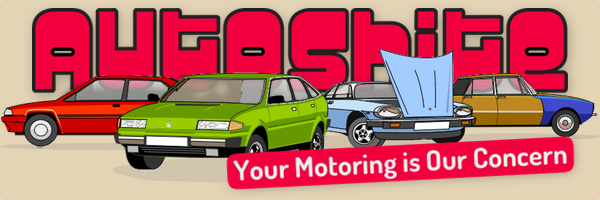Just a bit frustrated, don´t bother...
-
Similar Content
-
- 163 replies
- 35,411 views
-
- 202 replies
- 44,970 views
-
- 432 replies
- 60,957 views
-
- 0 replies
- 2,416 views
-
Just got another French Shite heap!!!!! 1 2
By Faker,
- 38 replies
- 2,044 views
-






Recommended Posts
Create an account or sign in to comment
You need to be a member in order to leave a comment
Create an account
Sign up for a new account in our community. It's easy!
Register a new accountSign in
Already have an account? Sign in here.
Sign In Now